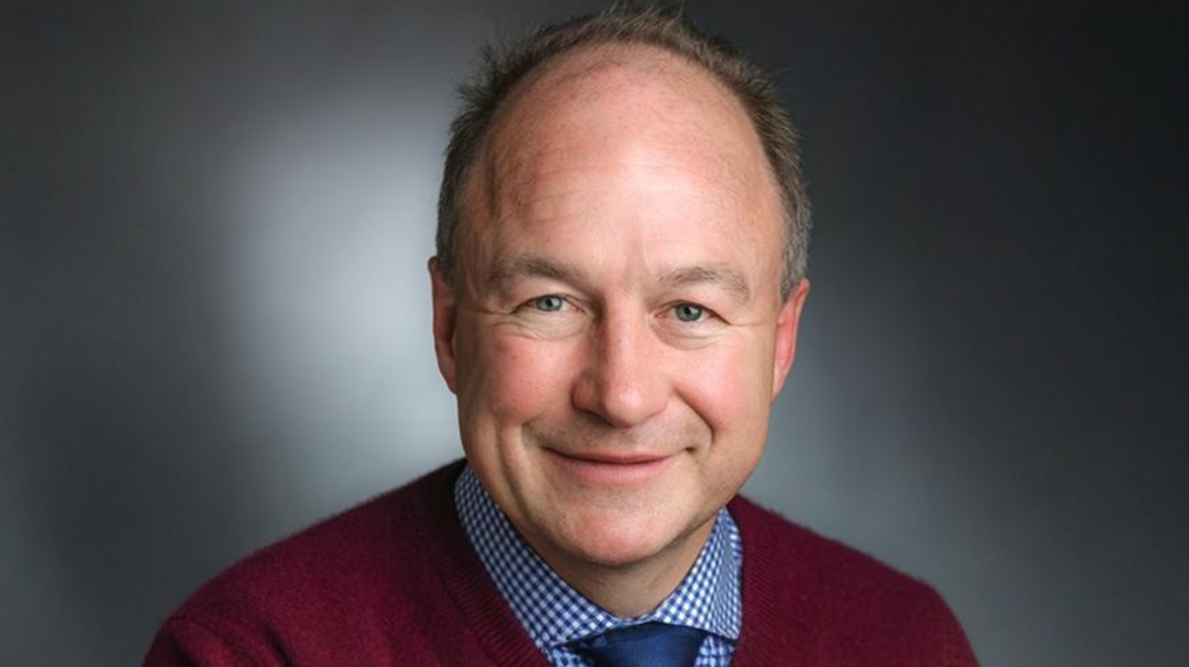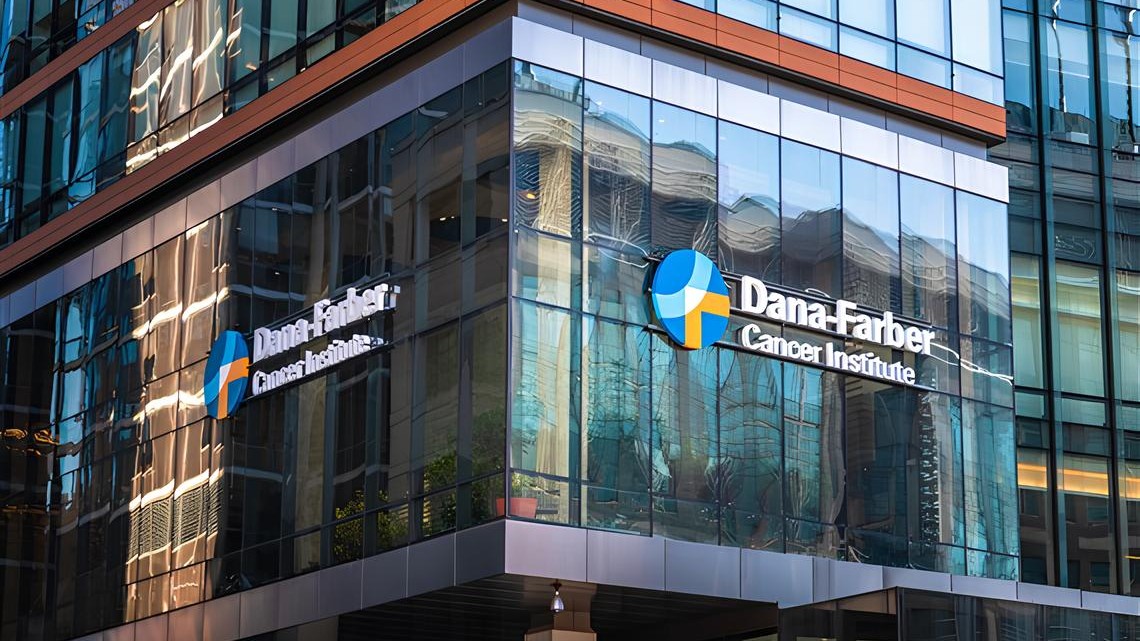FDA approves belantamab mafodotin-blmf for relapsed or refractory multiple myeloma
Dana-Farber Cancer Institute researchers played a key role in the drug’s early development, preclinical studies, and subsequent clinical testing, leading the initial DREAMM-1 and DREAMM-2 trials that first showed its potential to help patients whose disease had stopped responding to treatment.
Even after its earlier withdrawal, which was driven by regulatory requirements, researchers at Dana-Farber continued studying Belantamab Mafodotin in new combinations and settings, helping refine its use and contribute to the evidence supporting today’s approval.
It’s a full-circle moment for the investigators and patients who helped bring this therapy back to the clinic – and another example of Dana-Farber’s long-standing commitment to advancing new options for people living with multiple myeloma.
Dr. Paul Richardson, Clinical Program Leader and Director of Clinical Research in the Jerome Lipper Multiple Myeloma Center at Dana-Farber, and the RJ Corman Professor of Medicine at Harvard Medical School, led the early phase trials for Belantamab at DFCI and continues to study Belantamab Mafodotin in combination with his team as part of ongoing research to improve outcomes for patients with relapsed and refractory disease:
“Having access to Belantamab Mafadotin, a truly off-the-shelf BCMA targeted antibody drug conjugate with a manageable safety profile and very low rates of hospitalization, allows multiple myeloma patients with relapsed and refractory disease in oncology centers nationwide and in the community to have access to a highly active treatment for this otherwise incurable disease. We need to remember that resources are not the same in all healthcare settings and centers, such as around major urban areas versus elsewhere.
This treatment targeting BCMA in combination with other approved therapies will translate to both progression free and overall survival advantages for many of our multiple myeloma patients; this will be especially true for those who are not candidates for the more intensive immune therapies such as CAR-T cells, which in real world practice are only currently available to about 20% of the myeloma population overall.”

You can find more FDA Approvals on OncoDaily.


